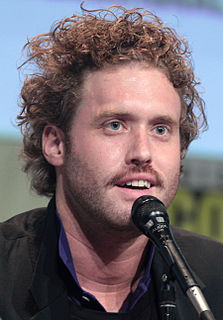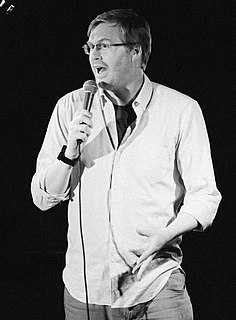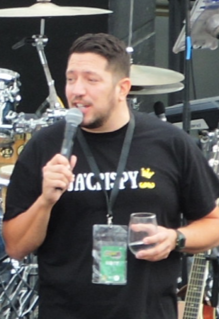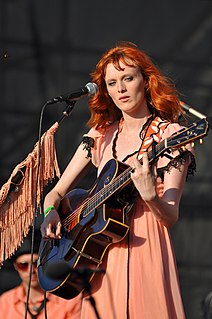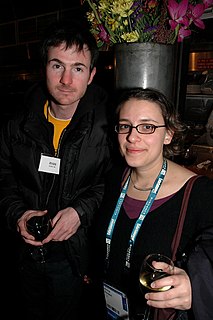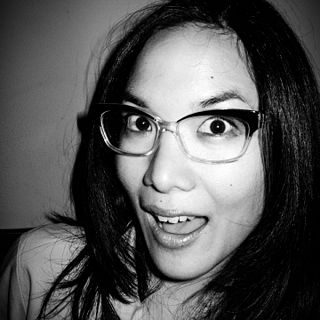A Quote by T. J. Miller
Stand-up and sketch and improv - that's the most direct contact you can have with somebody, making them laugh. I like that. I like the intimacy.
Related Quotes
I have friends who will say, "Oh you gotta come and see our show." And the first thing I say is, "Is it sketch or improv?" I'll go in a minute to see a sketch show. I love sketch; it's my favorite form. But if it's all improv, they're either very good and it's annoying how good they are and it makes you feel bad, or they're not too good then you're sweating for them. And you don't want to sweat for them, see actors repeating each other's lines.
I was not one of those people who wanted to be a comedian when I was growing up. I liked comedy, but didn't know it was something you could do for a living. I actually wanted to be an attorney. I did do things on the side like improv and sketch comedy, but law was my focus. I was a very bookish, academic kid. When I got out of college, I was really unhappy. I had a great job that I should have loved, yet I was miserable. I slowly realized that was because I wasn't performing. So I just tried stand-up and fell in love with it after one performance.
